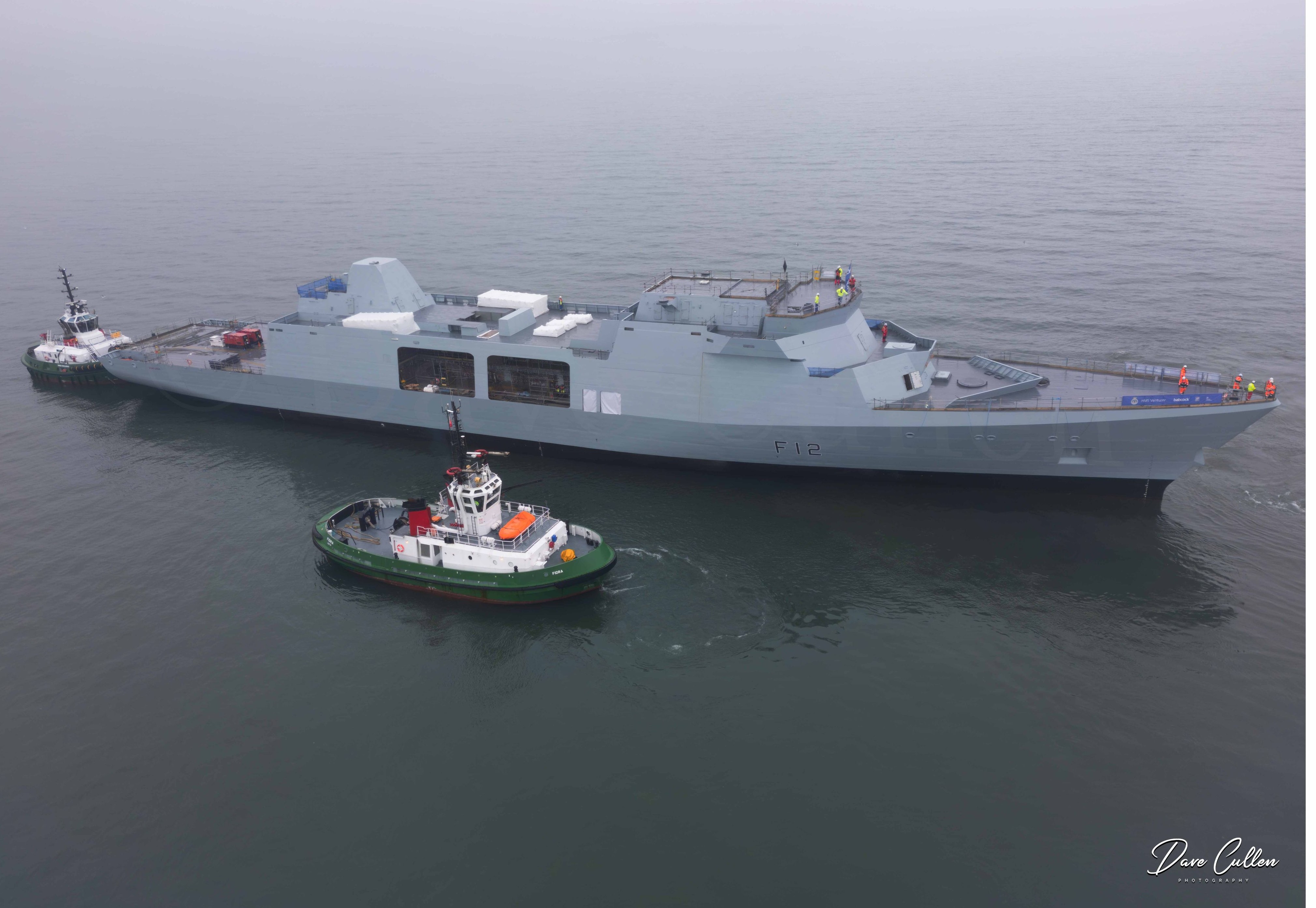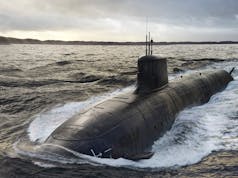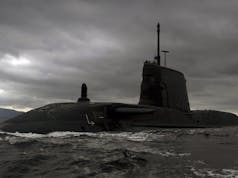This article should be prefaced by saying we do not support any political party.
Labour leader Jeremy Corbyn has faced criticism for saying he would not fire Britain’s nuclear weapons if he were prime minister, he expressed the opinion at the Labour party conference today.
Mr Corbyn said nuclear weapons “didn’t do the USA much good on 9/11”.
Following the criticism, Mr Corbyn was asked by the BBC’s John Pienaar what the point of the Labour defence policy debate and review was. He said:
“I am opposed to the use of nuclear weapons. I am opposed to the holding of nuclear weapons. I want to see a nuclear-free world. I believe it is possible.
I do not think we should be renewing Trident… I think we should be promoting an international nuclear weapons convention which would lead to a nuclear-free world.”
Despite his opposition, Trident will be renewed no matter what Labour’s policy, the shadow Scottish Secretary has said. Ian Murray, who opposes Trident, said the Conservative majority at Westminster means a replacement for the system”will happen”.
Trident is a submarine-launched ballistic missile equipped with multiple independently targetable re-entry vehicles, currently the United Kingdom host these missiles on its Vanguard class submarines but as these are due to be replaced, let’s have a look at how much the replacement submarines will cost the UK over the programmes lifetime.
SNP defence spokesman Brendan O’Hara, despite of a poll showing most Scots support Trident, said:
“If Mr Corbyn and Labour have any hope of being treated seriously by the vast majority of voters in Scotland, then he must get party support in his commitment to backing the SNP’s plan to scrap the replacement of Trident.”
It’s expected that the Successor submarines and their infrastructure will cost around £15 billion. This can be broken down as such:
- £0.25 billion to participate in the Trident D5 missile life extension programme.
- £11 billion for a class of four new submarines.
- £2 billion for possible refurbishing of the warheads.
- £2–3 billion for infrastructure (spent over 30 years).
There would be savings from a three-boat solution but these would not be in proportion to the reduction in the number of submarines.
“Of course, the deterrent is not cheap – no major equipment programme is. But our current nuclear weapons capability costs on average around 5-6 per cent of the current defence budget.” David Cameron, the Telegraph, 4 April 2013
According to a series of statements made in Parliament by ministers of the MoD, the annual operating costs of the Trident programme will indeed be around 5 to 6 per cent of the defence budget.
This means that the replacement submarines will have a running cost of around £2 billion per year, that may seem high but in defence terms, it’s relatively low as a single Type 45 Destroyer costs close to £1 billion to purchase let alone operate and fully arm.
The current annual spend on Trident is equivalent to less than 1 per cent of current health and education expenditure, this figure will be roughly the same for the replacement.
Estimates of the long term costs of big capital spends are notoriously hard to predict and can often fall or rise drastically. The costs associated with the programme are comparable to the procurement costs of major weapons systems such as Typhoon or Lightning aircraft.
Assuming the new submarines have a service life of 30 years, how much will it cost to run the submarines over their lifespan? Around £60 Billion spread over 30 years.
When the initial procurement costs are added on, the total programme cost will an estimated £75 billion however, £60 billion of this figure, as mentioned earlier, is spread over the lifetime of the vessels.













Just goes to show what a naïve looney Jezbollah is.
in the current shall we? shan’t we bomb syria , corbyn is banging on on about politics rather than strategy, a bottleless anti u.k armed forces, weak, blinkered, wannabe who has the strategical knowledge of a bilge rat. a traitor to the security of the nation. unfit for purpose. and a embarrassment to the u.k
Not fit to be PM, if he can’t Defend the Realm. Which is the first job of the Goverment
If he gets into power any nuclear weapons we might have may as be scrapped as he has completely undermined them as any form of deterrence as any aggressor knows he will not use them therefore making them useless. I bet David Cameron is glad he spent that £3 so he vote in the labour leadership election Jeremy Corbyn and is barmy ideas are the best news possible for the Torries 🙂
Lets face it, he’s never going to get into power. If the Conservatives could have voted for a Labour leader they would have picked Corbyn. David Cameron must have been thought all his Christmases had come at once. He has some good ideas but most of them belong in cloud cuckoo land!
Numpty
Whimp.
I don’t think any leader would use Nuclear Weapons; as the country being targetted would likely strike back with their own Nukes – hence MAD.
Game over for him
£15bn is a bargain compared to the bill of teaching the nation Russian …..